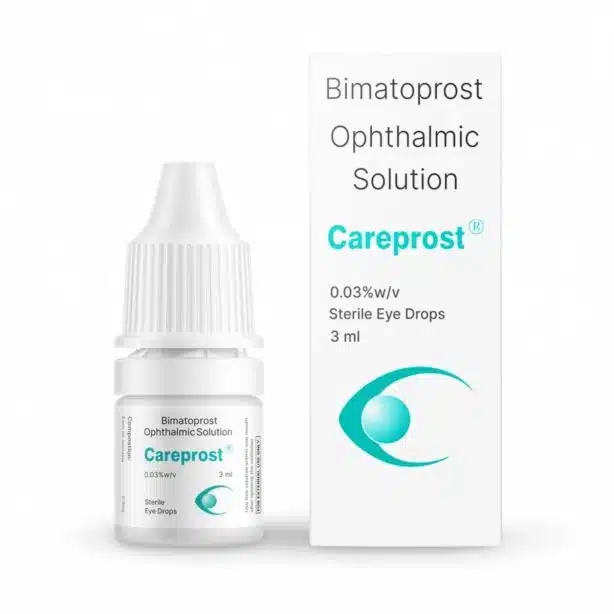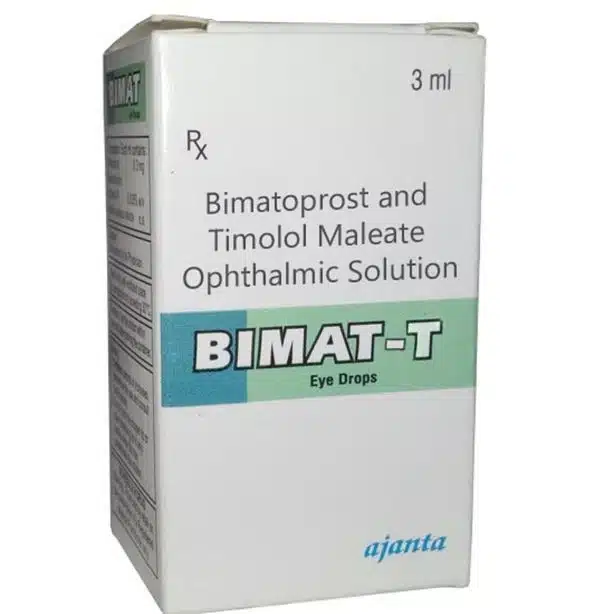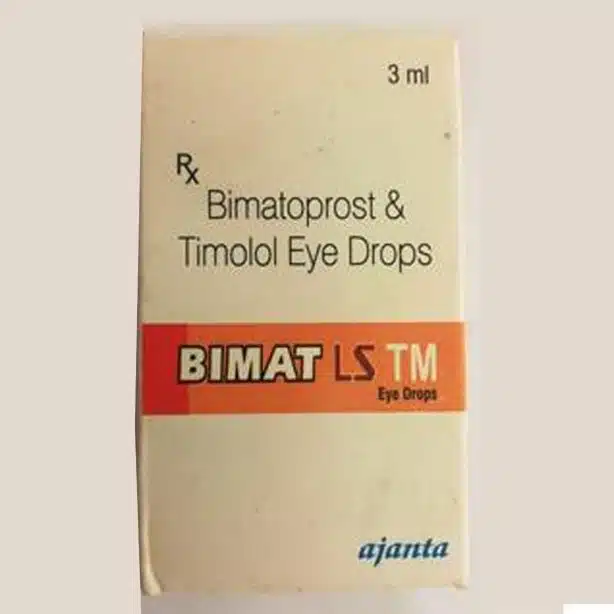Glaucoma is a prevalent eye disease that affects millions of individuals globally.
It is sometimes referred to as the “silent thief of sight” as it can lead to gradual vision loss without any symptoms in the beginning.
You might not notice the symptoms at first since they usually appear slowly.
However, blurred vision is one of the most common signs of Glaucoma.
While there is no known cure for Glaucoma, vision protection, and further damage may be controlled with early diagnosis and treatment.
In this article, we will answer the common questions: Does Glaucoma cause blurry vision?
We will also suggest ways to manage the condition effectively.
Does Glaucoma cause blurry vision
Yes, Glaucoma frequently leads to blurry vision.
Glaucoma typically exhibits no symptoms at first.
Because of this, most Glaucoma patients are unaware that they have the disease.
However, if it worsens, it may cause damage to the optic nerve, which may eventually result in blindness.
The high eye pressure (Intraocular Pressure) in the eye may harm the optic nerve that sends visual signals to the brain.
The damaged optic nerve sends inaccurate visual signals to the brain.
This may cause your peripheral (side) vision to become distorted or blurred, especially in the area nearest to your nose.
This can have significant negative impacts on one’s quality of life.
Since the changes in vision happen so slowly, many people are unaware that their eyesight is altering.
However, when your condition worsens, you could find that you are no longer able to see things along the sides.
Acute Angle-Closure Glaucoma can cause rapid, severe blurred vision in certain circumstances, along with additional symptoms like Glaucoma- induced headaches, nausea, and eye pain.
Also, it is essential to remember that Glaucoma is not always the reason for blurred vision.
Besides Glaucoma, Cataracts and other eye diseases can also result in blurry vision.
Additionally, Glaucoma surgery can also lead to blurred vision in the operated eye during the recovery time.
However, your vision will gradually improve after a few weeks.
Don’t confuse Cataract symptoms with Glaucoma. Read our article: Understanding the Difference: Cataracts vs Glaucoma to distinguish between the two conditions.
Treating blurry vision caused by Glaucoma

The treatment for blurred vision due to Glaucoma depends on the type of Glaucoma and your present condition.
To manage blurred vision and prevent further damage to the sight, your doctor may suggest certain medications, surgery, and lifestyle changes.
Medications
 Source: Elena Safonova
Source: Elena SafonovaSeveral eye drops and oral medications may be recommended by your doctor to prevent vision loss due to Glaucoma.
These medications are intended to lower eye pressure or decrease the production of aqueous humor within the eyes.
This, in turn, aids in preventing eyesight from getting further damaged.
Glaucoma eye drops like Bimatoprost are usually the first line of treatment for Glaucoma.
Other eye drops for Glaucoma include Beta-blockers, Miotics, Rho kinase inhibitors, and Alpha-adrenergic agonists.
Although these eye drops cannot reverse vision loss or treat Glaucoma, they can prevent Glaucoma from getting worse.
Surgery
Besides medications, doctors can use lasers to assist the fluid drain out of your eye, lowering your intraocular pressure.
Selective Laser Trabeculoplasty (SLT) or Laser Peripheral Iridotomy (LPI) are the most common types of laser surgery performed for Glaucoma.
However, when medications and laser therapy are ineffective, your physician may recommend surgery.
Several surgical techniques are available to assist in removing the fluid from your eye, thereby treating the condition.
These include Trabeculectomy, Glaucoma implant surgery, and minimally invasive Glaucoma surgery.
Lifestyle changes
Modifying one’s lifestyle can also aid in the management of Glaucoma and the prevention of blurry vision.
Regular eye examination are the most effective way to detect Glaucoma early and avoid visual loss.
Your ophthalmologist may check your eye pressure and look for any symptoms of Glaucoma.
Getting an eye checkup every one to two years is recommended, particularly if you are over 40 or have a family history of Glaucoma.
These can include giving up smoking, following a nutritious diet, and a regular exercise regimen.
Managing underlying medical issues, such as Diabetes or high blood pressure, that could aggravate Glaucoma can also help in preventing blurred vision.
Several herbal supplements, like Bilberry extract, can also help in overcoming Glaucoma symptoms.
Glaucoma can be managed with natural measures. Read our article: Exploring the Natural Treatment for Glaucoma to learn more about natural treatments for Glaucoma.
Conclusion
Most people with Glaucoma ask a common question- ‘Does Glaucoma cause blurry vision?’
The answer to this question is yes.
Glaucoma can lead to blurry vision due to increased eye pressure that damages the optic nerve.
To treat the condition and prevent further vision loss, it’s essential to undergo frequent eye examinations and follow your doctor’s advice.
Consult your eye doctor for accurate diagnosis and treatment if you are experiencing blurred vision or any other symptoms of Glaucoma.
You can preserve your quality of life and protect your vision with lifestyle changes, medications, and surgery.
Make the smart choice for your eye health. Buy trusted eyecare products from GoodRxMedicine.
Frequently Asked Questions
Can Glaucoma cause blurred vision?
Yes, Glaucoma can lead to blurred vision due to optic nerve damage caused by increased intraocular pressure.
Could Glaucoma suddenly result in blurred vision?
Yes, Angle-Closure Glaucoma, an uncommon kind of Glaucoma, can cause sudden, severe blurriness in vision.
This kind of Glaucoma frequently comes with accompanying symptoms, including headaches, eye discomfort, and halos around lights.
What does blurred vision Glaucoma look like?
Blurred vision is the most common symptom of Glaucoma.
A damaged optic nerve usually impairs peripheral (side) vision, leading to blind spots and tunnel vision.
These blind spots may enlarge as the disease worsens, impairing vision in particular regions.
Can blurry vision from Glaucoma be restored?
No, the blurry vision caused by Glaucoma can not be reversed.
However, you can prevent the remaining vision from getting further damaged by medications, surgery, and lifestyle changes.
What are the common symptoms of Glaucoma-related blurry vision?
The most common symptoms of Glaucoma-related blurry vision include reduced or impaired vision, especially peripheral vision.
Additionally, some people may have eye irritation, difficulties adjusting to dark situations, and halos around lights.
When referencing outside resources, GoodrxMedicine always provides full citations. To learn more about the measures we use to maintain the quality of our content, please review our Content Information Policy.















